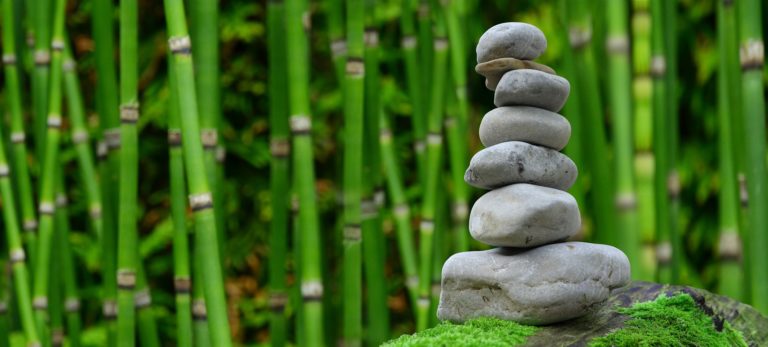L-THEANINE AND GREEN TEA

Drinking green tea made from bushes grown in indirect sunlight has not been found to increase blood pressure or blood pressure, even though green tea is high in caffeine. This is due to L-theanine, which is nothing more than an amino acid found only in tea herbs and one type of mushroom. The substance is produced in the roots of the plant and accumulates in the leaves. L-theanine not affected by direct sunlight does not turn into polyphenols. A large amount of L-theanine has a positive effect on the nervous system and brain activity. Due to this process of growing tea, GYOKURO tea has the highest concentration of all green teas.
L-theanine causes soothing effect of the drink and reduces the effect of caffeine. Studies have shown that after drinking green tea, the maximum concentration of L-theanine in the blood is reached after 30 minutes, and the relaxing effect lasts for up to 8 hours.
L-theanine increases the concentration of neurotransmitters such as GABA (gamma-aminobutyric acid), dopamine and serotonin, and their synthesis in the brain results in a feeling of alertness and relaxation, great mood and well-being. It is also called a "Feel good" amino acid because it relaxes the body and mind. For thousands of years, Zen monks have used green tea to keep the mind alert during long periods of meditation.
Two elements, L-theanine and caffeine, together have a positive effect on our body:
- Relaxes the body and mind
- Increases productivity and ability to multitask
- Increases intelligence
- Helps when working in stressful situations
- Improves learning skills and concentration
- Reduces anxiety
- Reduces fatigue
